In a fast moving world where the deteriorating environment is becoming more and more of a concern, we must make a conscious choice to care for the Great Economy that our God lovingly created.
How Should We Understand Creation?
• As God’s Sole Property
According to the bible, God unreservedly owns everything that is and everything that we have. Psalm 24:1 states that;
“The earth is the LORD’s and all that is in it, the world, and those who live in it…”
As humans with a sense of self-entitlement, we often forget that we do not own the world or any part of it. If we are to understand ourselves as humans, rooted in the creation story, then we need to understand that exclusive human ownership of creation is false. We are given the resources of nature to use wisely and responsibly, but not to bring ruin or waste upon them. We have no biblical authority to harm or destroy anything on the earth.
• As Something to be Cared For
In Genesis 1:28, humanity was told to:
“…fill the earth and subdue it.”
This authority given to us is of responsible stewardship over what God found to be ‘good’. God created for his pleasure and continues to find worth and beauty in it despite its corruption by humans. This means that we, as humans, have a responsibility to ensure the ongoing protection and security of the earth as God’s creation.
• As Important to God
It is important for us, as Christians to understand that Christ’s gift of salvation was made possible only through God’s inherent love for the entire created order. Quoting John 3:16 as a verse intended for people alone is a misleading attempt to separate the love that God has for humans, with the love that he has for the whole cosmos.
We must understand that the created order is one indivisible unit in God’s eyes – nature, humanity and animal life are all the creation to which God feels deeply bonded. Our anthropocentric view of creation has led us to believe that we have complete dominion over the earth to the point of absolutism. This belief opens the way to exploitation of our natural resources and abuse of God’s creation.
The Great Economy
• What is the Great Economy?
In his lecture, ‘Christianity and the Survival of Creation’, Wendell Berry (a prominent environmental activist) discusses the idea that the created order should be viewed as the ‘Great Economy’ from which all economies are born. This theory argues that the earth and all of creation is the source from which everything that we have, and everything that we are stems. In other words, we are completely reliant on the earth for everything, and for this reason, must care for our environment like we do our cash, because it is valuable and essential. The Great Economy provides resources that allow us to eat, sleep, work, build, trade and live godly lives.
What this idea seeks to do is create a vision of responsible stewardship and guardianship of the Kingdom of God as a whole – to ensure that we understand dominion in a way that is responsibly, and conscientiously concerned for the environment as God’s creative masterpiece. We must understand that to focus on material items and material life at the expense of the environment is false economy – it denies creation as the source of all wealth and material.
• Looking Toward Heaven
Christians can, at times, have a mind-set that is so thoroughly immersed in eschatological hope and Christ’s imminent return that we end up living, not in the ‘now’, but in the ‘not yet’. The bible’s teaching in John 15:19 teaches us that we are ‘in the world’ but not ‘of the world’ – this can lead to a misunderstanding about our role in creation and the way in which we are to care for it.
We are one part of creation, and as such, we must never look to the future at the expense of God’s whole creative work, or deny or depreciate it in any way. If we are too focused on future events, it can be easy to be careless with our resources, or diminish the value of the Great Economy by regarding it as something temporary. We must remember that without the Great Economy, we would not be able to live the life that God intended for us.
• What Must We Do?
It is not acceptable for us as humans, made in the image of God, to withdraw from God’s primary love – creation – and deny our environmental responsibilities. The bible makes no secret of the sanctity with which the world was made, and the reverence that God felt, and continues to feel when he views his work. Creation is not in any sense, independent of God. God continues to engage with creation and respects it. Participating in the repairing and care for the world is an active engagement with the love that God is, and is a way of showing our respect for what we receive from the Great Economy. Let’s not forget that God’s redemptive plans include a renewal of the world that we currently live on. God cares deeply for the world as his divine creation.
To effectively honor our creative God we must learn to set our hearts to heaven and our minds to his Great Economy.
We can honor God this Creation Day by signing the petition to establish Creation Day as an official holiday. Sign here.
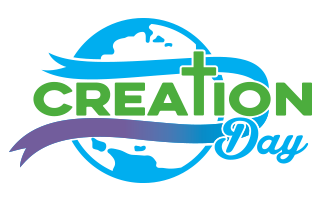
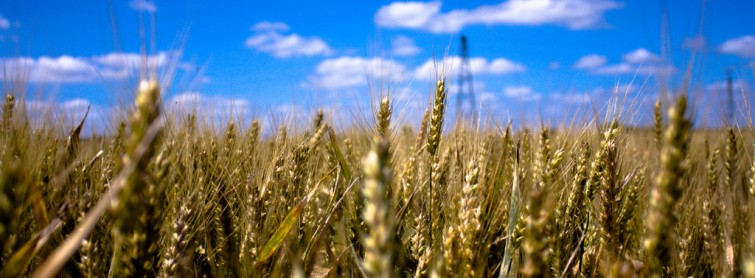
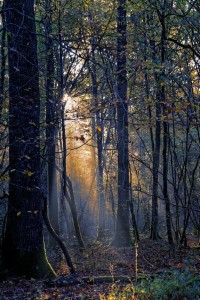
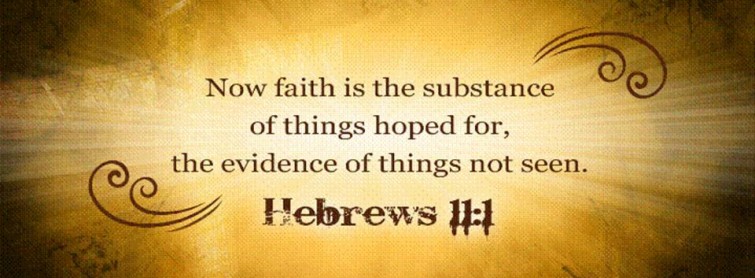
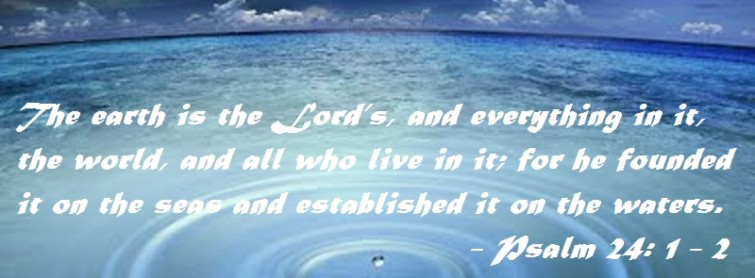
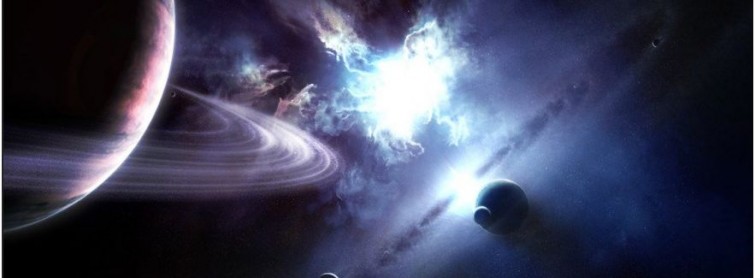
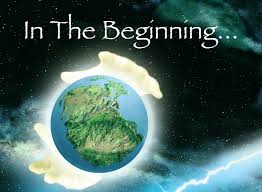 How great will it be if we can all worship God for giving us a beautiful and well planned earth? This is the reason why we must all give recognition to the
How great will it be if we can all worship God for giving us a beautiful and well planned earth? This is the reason why we must all give recognition to the